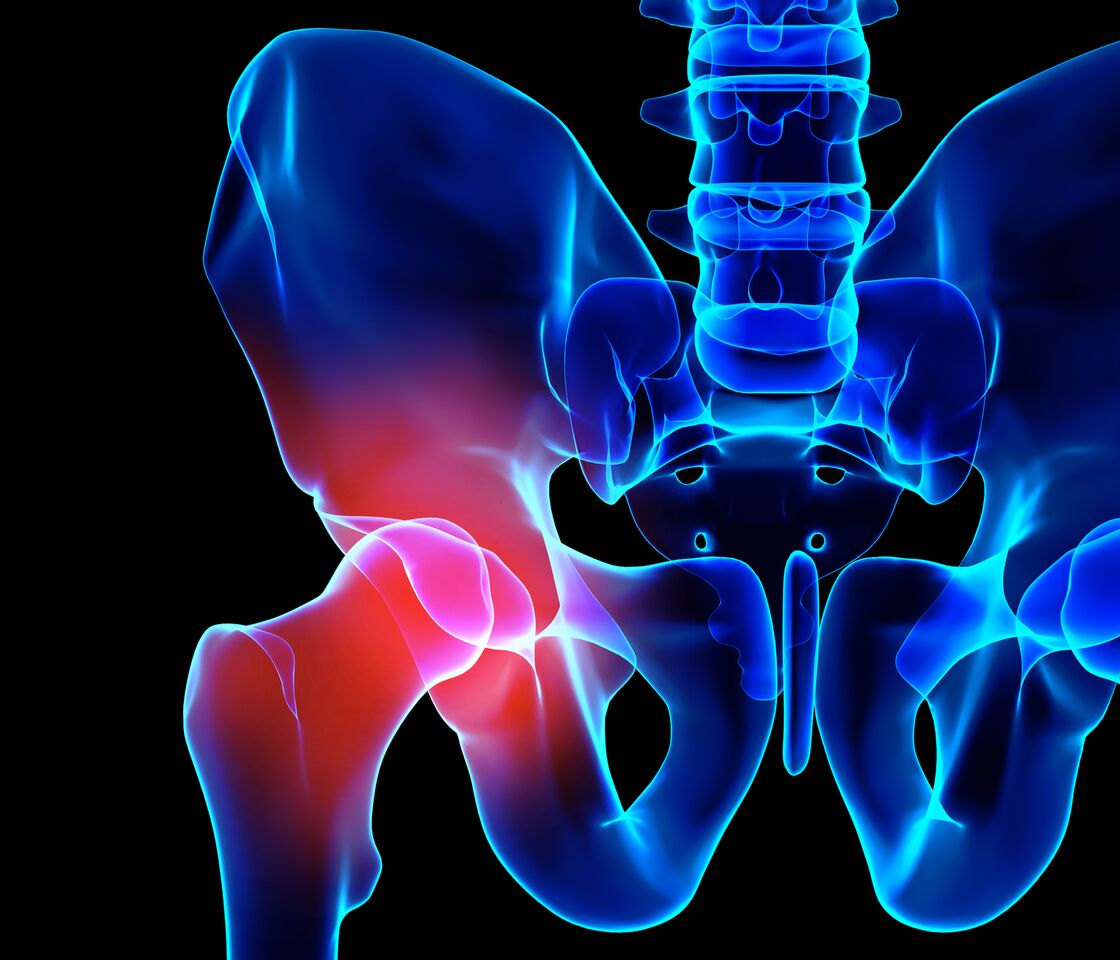Core decompression is a surgical procedure performed to treat avascular necrosis (also known as osteonecrosis) of the hip joint. Avascular necrosis occurs when the blood supply to the bone is disrupted, leading to bone cell death and deterioration.
The core decompression surgical procedure for avascular necrosis of the hip offers several potential benefits

Core decompression may be recommended in the following situations:
Here is an overview of the core decompression procedure:
After core decompression, you will be taken to the recovery area. Depending on the extent of the procedure, you may need to use crutches for a period of time to limit weight-bearing on the affected hip. Your doctor will provide instructions on weight-bearing restrictions and a rehabilitation program to aid in the healing process and recovery.